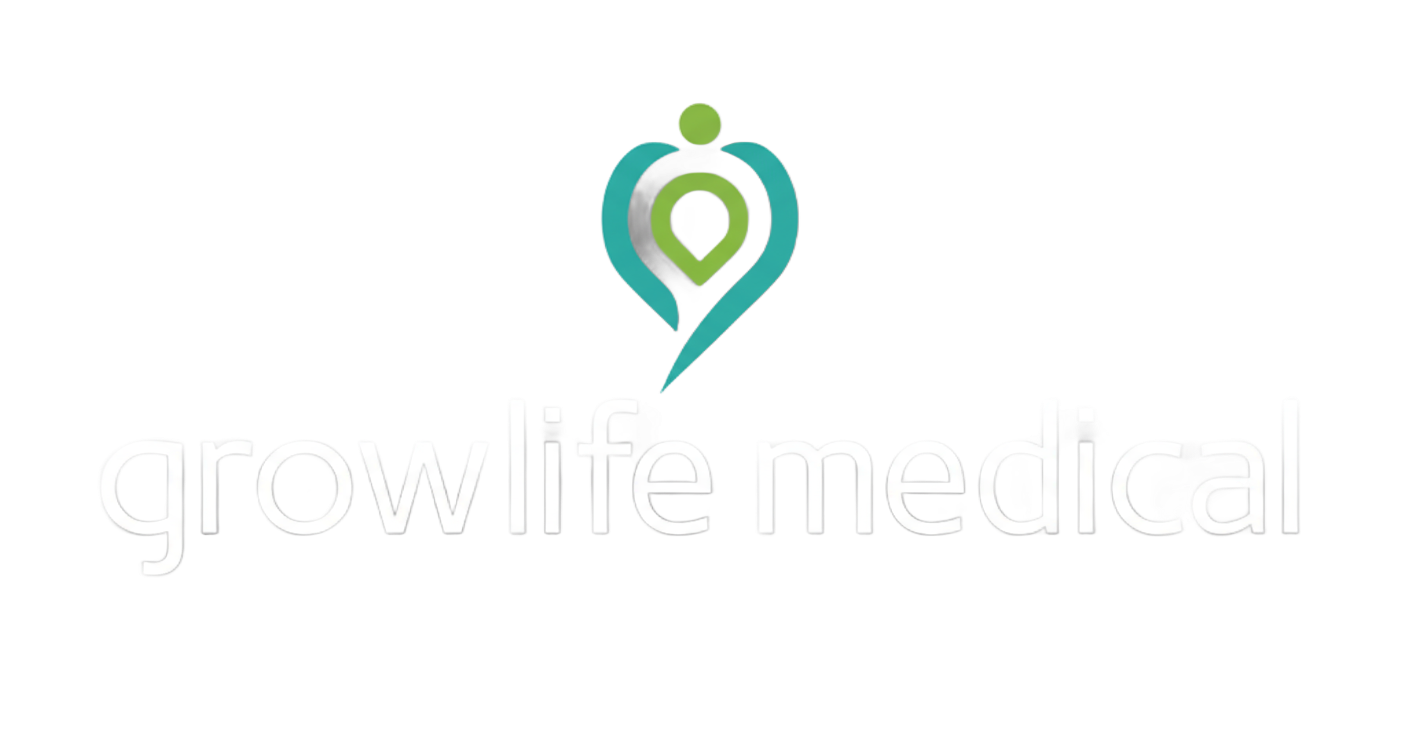National Immunisation Program Schedule Updated

Dr Kate Pink, our new GP at our Highgate Hill Medical Centre discusses some changes to the childhood immunisation program.
Immunisation is important to protect children from serious and often life-threatening diseases. It not only helps protect individual children but also protects the broader community by minimising the spread of these illnesses. From the 1st of July 2018, The National Immunisation Program (NIP) schedule has been updated to improve protection against meningococcal, pneumococcal and haemophilus influenzae type B diseases. Your child’s due date for their next immunisation/s has not changed. Immunisations are still given at 2*, 4, 6, 12, 18 months and 4 years of age.
- For some children, the updated schedule may differ slightly to what is in your child’s Red Book, so we thought we would give you plenty of information about the changes ahead of your child’s next vaccination.
The update includes:
- At 12 months of age, children will receive a meningococcal ACWY vaccine (replacing meningococcal C vaccination);
- At 18 months of age, children will receive the booster Hib vaccine dose, protecting against haemophilus influenzae type B (previously given as a combined vaccine with meningococcal C at 12 months)
- At 2*,4 and 12 months of age, children will receive a pneumococcal vaccine (previously given at 2*, 4 and 6 months)
Meningococcal Vaccination
Meningococcal is a rare but very serious infection that can lead to blood poisoning (septicaemia) and brain infection (meningitis). Meningococcal disease is caused by different types of the meningococcal bacteria—A, B, C, W and Y. Previously, people with an infection from meningococcal types W and Y were rarely seen in Australia, however these have been increasing in recent years. The new vaccine will help protect against four types of meningococcal disease (A, C, W and Y) instead of one (C). There is also a Meningococcal B vaccination which is available privately through our clinics (not funded under the NIP)
Who is eligible for the meningococcal ACWY vaccine?
Meningococcal ACWY vaccine will be given to all children who are due for their 12 month vaccinations from 1 July 2018 onwards. Children who have already received their meningococcal C vaccine at 12 months of age are not eligible to receive the meningococcal ACWY vaccine under the NIP. Parents may purchase the meningococcal ACWY privately if they wish.
What if my child has already received meningococcal ACWY vaccines before 12 months of age?
Even if your child has had one or more meningococcal ACWY vaccine doses before 12 months of age, a booster dose from 12 months of age (and at least 2 months of age after a previous dose) is required for the best protection.
Haemophilus influenzae type b (Hib) vaccination
Hib (also called Haemophilus influenzae type b) is a serious disease in young children. It can affect the airways, skin, joints, ears or brain. Previously, a Hib vaccine booster was given in a combination vaccine with meningococcal C to children at 12 months of age however will now be given separately.
Four doses of Hib vaccine are still being provided through the NIP:
- as part of a combination vaccine at 2*, 4, and 6 months of age; and
- alone at 18 months of age.
Immunisation experts have reviewed the evidence and recommended the fourth dose be moved from 12 months of age to 18 months of age. It has been judged safe and effective to move this dose of Hib to 18 months of age.
Pneumococcal vaccination
Previously, pneumococcal vaccination was given to all children at 2*, 4 and 6 months of age. Immunisation experts have reviewed the evidence and recommended that Australia move pneumococcal vaccination to 2*, 4 and 12 months of age.
While the total number of doses has remained unchanged, the change in the schedule is expected to improve the protection provided by the childhood vaccination program.
For some children who have specific risk factors, four doses are recommended at 2*, 4, 6 and 12 months of age. These will still be provided for free. Your doctor will advise if your child should have 4 doses rather than 3.
Safety of vaccines
All vaccines used in Australia must be approved for use by the Therapeutic Goods Administration, which monitors the safety of medicines in Australia. Before a vaccine can be licensed, it is rigorously tested over several years to ensure it is safe and that it works. The safety of vaccines is always being monitored. For more information, visit: tga.gov.au or health.gov.au/immunisation
All vaccines have the potential to cause side effects. Common side effects that may occur and resolve quickly include:
- injection site pain, redness and swelling
- low grade fever
- children can be unsettled, tired and grumpy.
Serious or unexpected vaccine reactions are very rare and should always be reported to your vaccination provider. If you have any questions or concerns make an appointment with one of our GPs.
Keeping up to date
Your child isn’t fully protected if their vaccination is overdue, even if they have been up to date in the past. It’s important to keep an accurate record of your child’s immunisations. You can also download the free VacciDate app to get reminders when each vaccination is due and keep immunisation records for all the children in your family.
If you have any questions about vaccinations for your child, please make an appointment with one of our GPs at Sherwood, Highgate Hill or Oxley. Book Online Now.
*Vaccinations due to be given at 2 months of age may be given from 6 weeks of age
